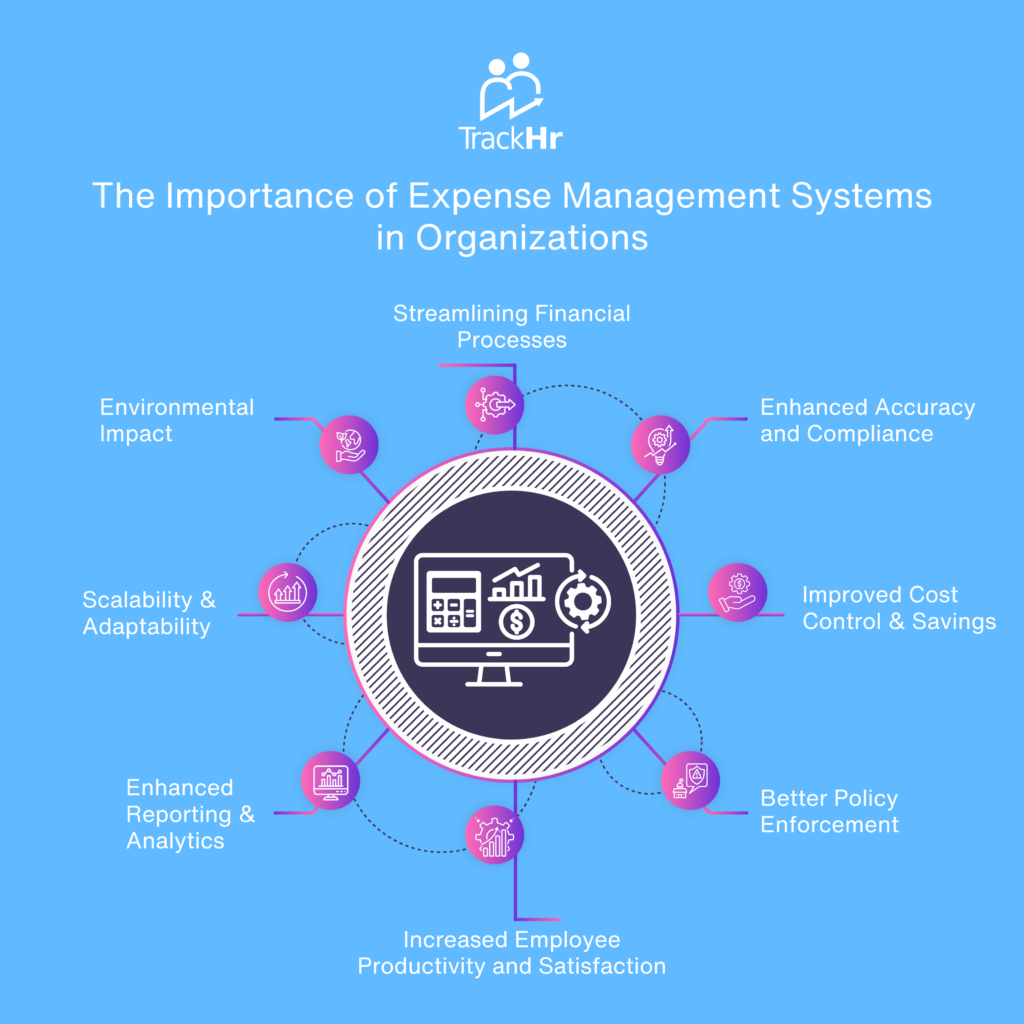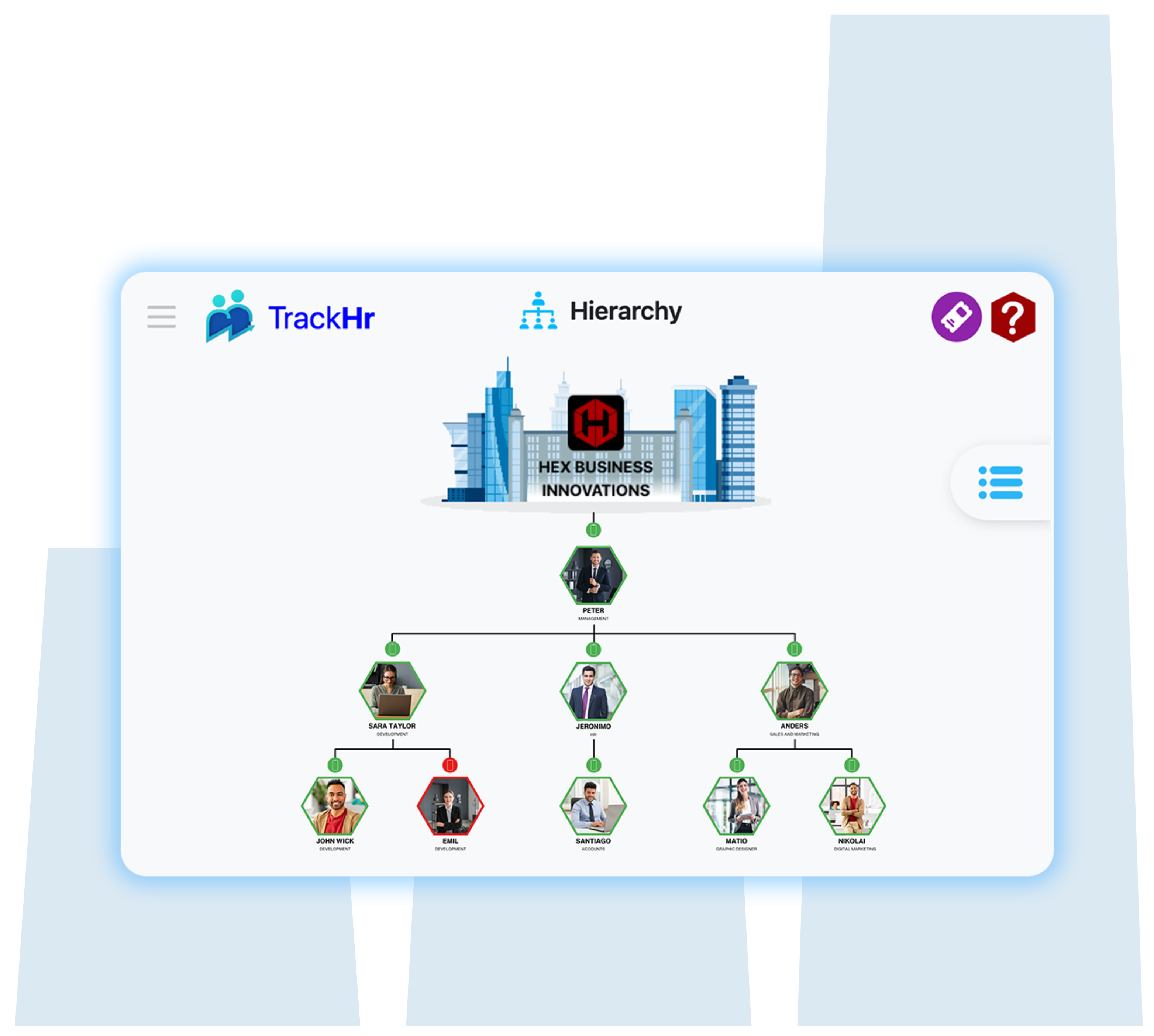Friday, 21 Jun 2024
The Importance of Expense Management Systems in Organizations
In today’s fast-paced business environment, managing expenses efficiently is crucial for the success of any organization. An effective expense management system not only keeps track of financial transactions but also ensures that a company’s resources are used optimally. Here, we delve into why an expense management system is vital for organizations and how it can transform the way businesses handle their finances.

1. Streamlining Financial Processes
An expense management system automates the entire process of tracking, reporting, and reimbursing expenses. This automation reduces the time and effort employees spend on submitting expense reports and allows finance teams to process them quickly. By eliminating manual entry, organizations can reduce errors and ensure that all expenses are accurately recorded.
2. Enhanced Accuracy and Compliance
Manual expense management is prone to errors and inconsistencies, which can lead to compliance issues and financial discrepancies. An expense management system ensures that all expenses are recorded accurately and in real-time. Additionally, it helps organizations stay compliant with internal policies and external regulations by providing a structured and auditable trail of expenses.
3. Improved Cost Control and Savings
One of the primary benefits of an expense management system is improved visibility into spending patterns. Organizations can analyze data to identify areas where costs can be reduced or optimized. This insight allows businesses to make informed decisions about budget allocation and control unnecessary spending, leading to significant cost savings.
4. Better Policy Enforcement
Expense management systems enable organizations to enforce their expense policies more effectively. Automated checks can ensure that all submitted expenses adhere to company policies, reducing the likelihood of unauthorized or fraudulent claims. This not only saves money but also maintains fairness and transparency in the reimbursement process.
5. Increased Employee Productivity and Satisfaction
By simplifying and automating the expense reporting process, employees can focus more on their core responsibilities rather than on administrative tasks. Quick and accurate reimbursements also contribute to higher employee satisfaction. When employees feel confident that their expenses will be handled efficiently, they are more likely to comply with company policies and submit their reports promptly.
6. Enhanced Reporting and Analytics
Expense management systems come with robust reporting and analytics capabilities. These tools provide detailed insights into spending patterns, helping organizations to make strategic decisions based on data. Customizable reports can track key metrics, such as total expenses, departmental spending, and expense trends over time, offering valuable insights for financial planning and forecasting.
7. Scalability and Adaptability
As organizations grow, their expense management needs become more complex. A scalable expense management system can adapt to these changing needs, handling increased transaction volumes and integrating with other financial systems seamlessly. This scalability ensures that the system remains effective as the organization expands.
8. Environmental Impact
Digital expense management systems reduce the need for paper-based processes, contributing to a more sustainable and environmentally friendly approach. By minimizing the use of paper, organizations can reduce their carbon footprint and promote greener business practices.
Conclusion
In conclusion, an expense management system is an indispensable tool for modern organizations. It not only streamlines financial processes but also enhances accuracy, compliance, and cost control. By leveraging the power of automation and analytics, businesses can make more informed decisions, improve employee productivity, and ultimately achieve better financial health. Investing in a robust expense management system is a strategic move that can lead to long-term benefits for any organization.



